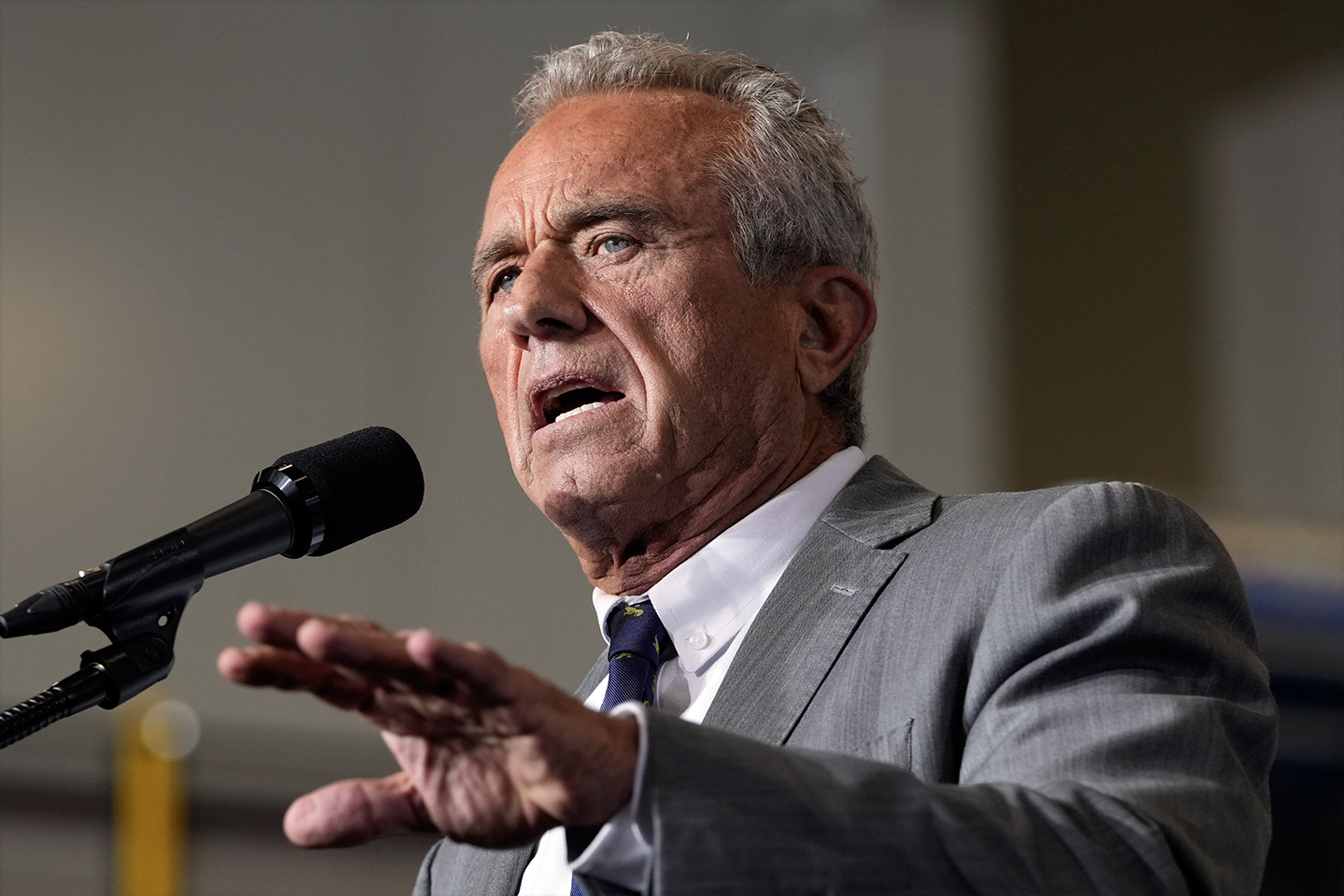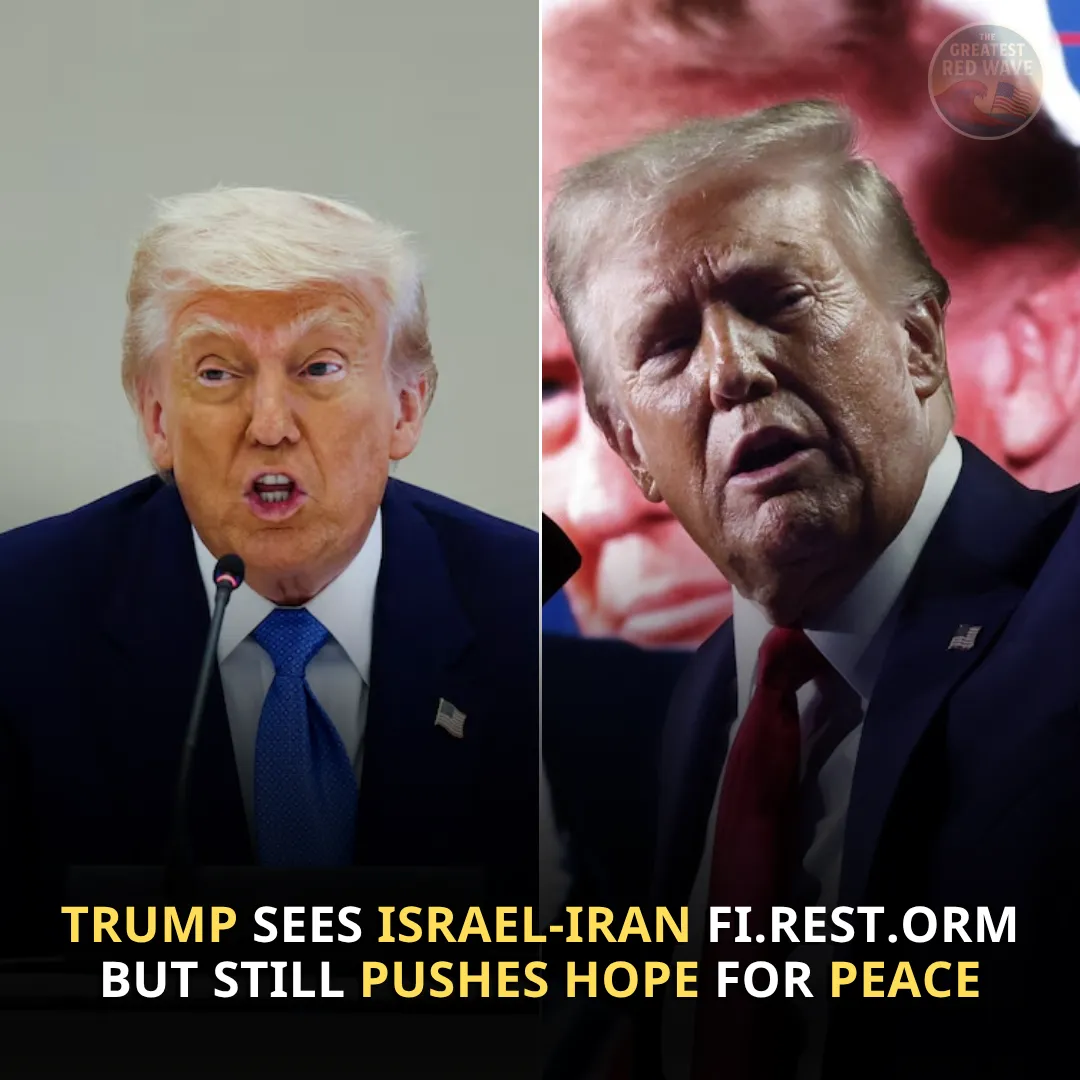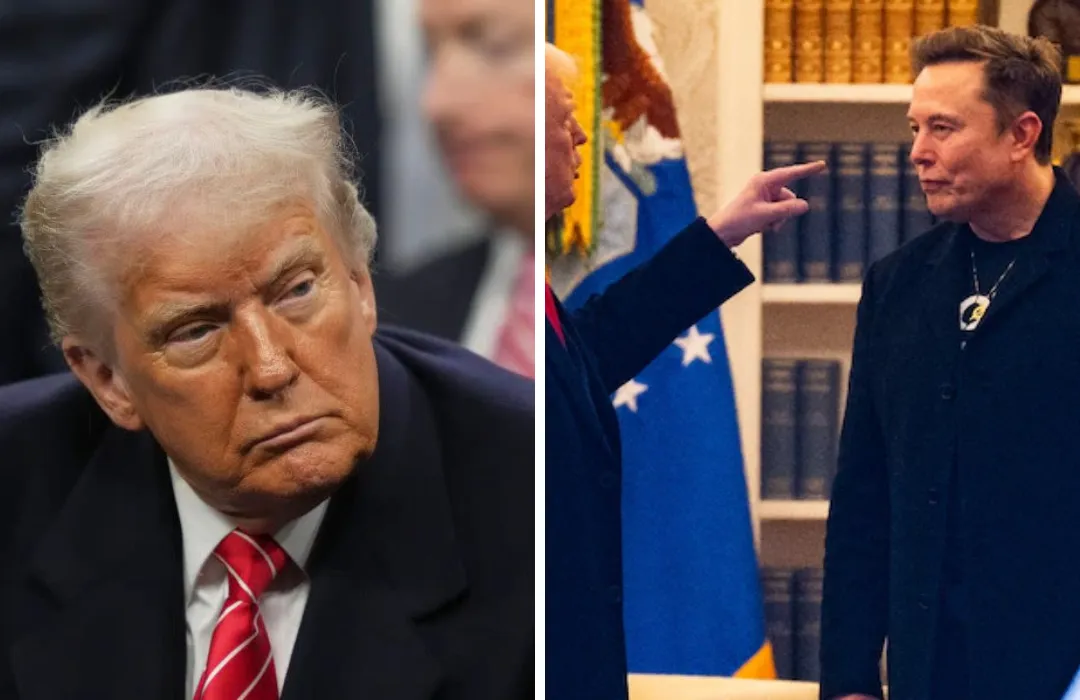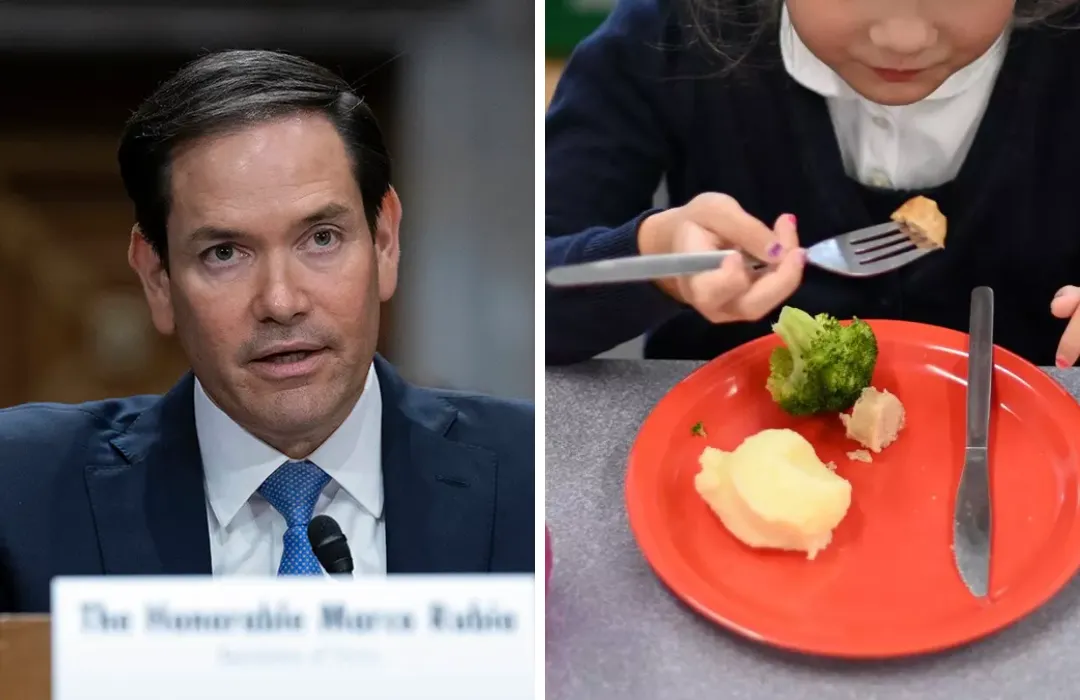
In a historic and courageous move to restore public trust in vaccine science, Health and Human Services Secretary Robert F. Kennedy Jr. has announced the removal of every member from the Centers for Disease Control and Prevention’s (CDC) independent vaccine advisory panel, known as the Advisory Committee on Immunization Practices (ACIP).
This unprecedented action marks a pivotal moment in Kennedy’s broader mission to reform the agency and ensure that unbiased, transparent science is at the forefront of vaccine recommendations.
In a powerful op-ed for the Wall Street Journal, Kennedy explained that the decision to sweep the panel clean was essential in rebuilding public confidence in vaccines.
His rationale behind the move is simple yet significant: “A clean sweep is needed to re-establish public confidence in vaccine science,” Kennedy declared.
He emphasized the need for a process free from conflicts of interest, where scientific evaluation is not influenced by outside pressures or hidden biases.
Kennedy’s approach signals a commitment to creating an unbiased and transparent process in which the health of the public is prioritized above all else.
“The public must know that unbiased science—evaluated through a transparent process and insulated from conflicts of interest—guides the recommendations of our health agencies,” he further explained.
In one decisive action, Kennedy has disrupted a system that many believe has been tainted by years of political influence and corporate ties, an issue that has long overshadowed the impartiality of vaccine guidance.

This bold decision allows the Trump administration to appoint its own members to the panel, an opportunity Kennedy believes will bring fresh perspectives to the table.
However, the move has drawn criticism from some vaccine advocates, who are concerned that new appointees might lean toward skepticism about vaccines.
But Kennedy’s broader goal is clear: to break free from the entrenched public health ideology that has persisted under previous administrations, particularly the former one.
“The prior administration made a concerted effort to lock in public health ideology and limit the incoming administration’s ability to take the proper actions to restore public trust in vaccines,” Kennedy stated, highlighting his commitment to restoring faith in the scientific process.
The ACIP, which comprises independent medical and public health experts, has long been a trusted body that meets three times a year to review vaccine data and provide recommendations for public health practices.
These experts are appointed to four-year terms and do not work for the CDC, allowing them to maintain their independence from the agency.
Yet despite its independent status, the panel has been subjected to increasing scrutiny over the years, particularly from those, like Kennedy, who believe that it has been compromised by conflicts of interest and political agendas.
Kennedy’s actions have raised concerns among some figures in Congress, including Senator Bill Cassidy (R-La.), who spoke with Kennedy about the move.

Cassidy expressed his fear that the ACIP might be filled with individuals who have little expertise in vaccines. While Cassidy’s concerns are understandable, it’s important to recognize that Kennedy’s decisions are rooted in a long-standing desire to overhaul the system and restore trust in vaccine science—trust that has eroded due to real and perceived conflicts of interest.
Kennedy has long accused the members of the panel of having ties to pharmaceutical companies and other vested interests, which have undermined the integrity of the recommendations they make.
Kennedy’s decision is not about dismantling the scientific process, but rather about ensuring that the science guiding vaccine recommendations is as unbiased and transparent as possible.
His critics, including Senate Minority Leader Chuck Schumer (D-N.Y.), argue that the move is reckless and radical. Schumer claims that firing vaccine experts who have dedicated their careers to protecting public health is not reform, but a dangerous step backward.
He argues that this action undermines trust in the vaccine process, but Kennedy counters that the public has lost trust precisely because of the compromised process that has existed under the previous leadership.
While some may see this move as controversial, it’s important to recognize that Kennedy is merely trying to bring accountability and transparency back to the process of vaccine recommendations.
In the wake of declining vaccination rates and the growing threat of vaccine-preventable diseases, this reform is desperately needed. Kennedy’s decision to remove the ACIP members is not about undermining public health efforts but rather about fostering a system in which the public can have confidence that vaccine recommendations are made based on objective science, not political ideology.

Bruce A. Scott, president of the American Medical Association, criticized Kennedy’s decision, claiming that it undermines trust in the vaccine guidance system.
However, his perspective overlooks the underlying issue: the current system has failed to restore public trust. With vaccine-preventable diseases on the rise and a concerning decline in routine child vaccination rates, Kennedy’s intervention could be the catalyst needed to re-energize the fight against these illnesses.
His decision to bring in new experts who can truly represent the public interest may very well be what is needed to halt the spread of preventable diseases and restore confidence in the vaccination process.
Kennedy’s critics may argue that his actions are driven by conspiracy theories, but the real conspiracy lies in the undying influence of corporate interests and political ideologies over public health.
For too long, the voices of independent experts have been drowned out by those who stand to profit from the status quo. Kennedy’s move to replace the ACIP members is not an attack on science, but rather a bold stand to ensure that public health decisions are based on unbiased, transparent research that puts the welfare of the American people above all else.
In the end, Kennedy’s decision reflects a larger vision: a commitment to a public health system that prioritizes transparency, objectivity, and the truth. His push to restore trust in vaccine science may be controversial, but it is necessary to break free from a system that has failed to serve the public interest.
With this bold action, RFK Jr. is taking the first steps toward a new era of vaccine policy—one that is rooted in transparency, independence, and scientific integrity.

Only time will tell whether this move will reshape the landscape of vaccine science, but it is undoubtedly a step in the right direction toward rebuilding the public’s trust in the system.



